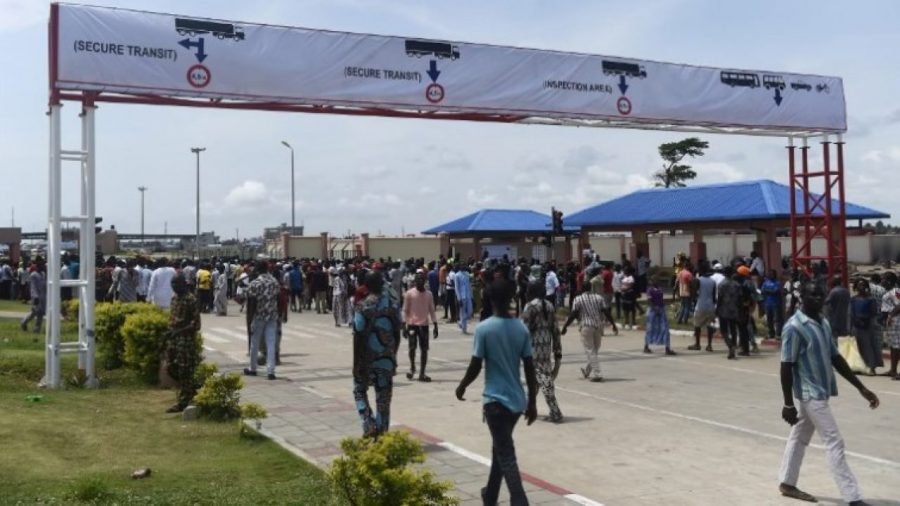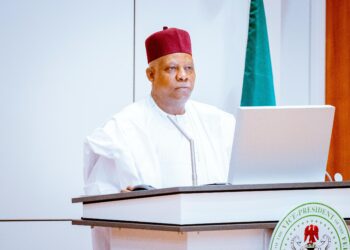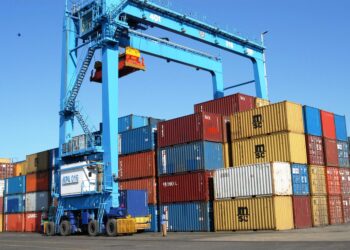The Economic Commission for Africa (ECA) has urged member states in the African Continental Free Trade Area (AfCFTA) to prioritize the free movement of people as it was one of the agendas signed during the Abuja Treaty establishing the African economic community in 1991.
This was disclosed by Mr David Luke, Coordinator, African Trade Policy Centre (ATPC) of the ECA during an event organised by the International Organisation for Migration (IOM) at the 53rd session of its Conference of Ministers in Addis Ababa on Saturday.
In the lecture titled “Digitalising Migration Response to harness Africa’s Economic Development and Demographic Dividend in the COVID-19 Era”, the ECA director revealed that four basic freedom components made up the AfCFTA agenda which are: movement of people, capital, goods and services.
Luke cited the Abuja Treaty which formed the African economic community and adopted by the old Organisation for African Unity in 1991.
“This represents the fifth phase of the Abuja Treaty which is expected to be realised by 2023.
“The Protocol to the Treaty on the Establishment of the African Economic Community relating to Free Movement of Persons, Right of Residence and Right of Establishment was adopted in January 2018 together with a comprehensive implementation roadmap.
“Yet there has been a slow pace of signature and ratification of the protocol,” he said.
He added that Africa must do better than its current input on free movement as it cannot depend only on the AfCFTA Protocol on services that allow for movement in relation to investment and service delivery.
The ECA disclosed that the protocol must be ratified by 15 member states to enter into force and 32 have signed but only Rwanda, has ratified it.
“It is the free movement of people which will boost intra-African trade under the AfCFTA, and enable African countries to proactively and swiftly respond to the twin green and digital transitions we are faced with in the 2020s,” Luke said.
In case you missed it: Nairametrics reported in November 2020 that AfCFTA got closer to actualization as Customs officials in the continent agreed to draft continental guidelines to enable the movement of goods, services and people for the agreement.




















